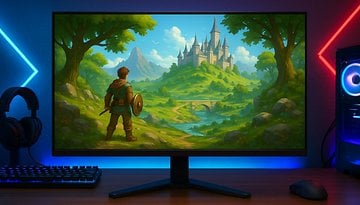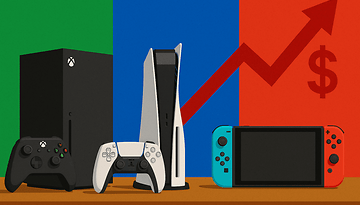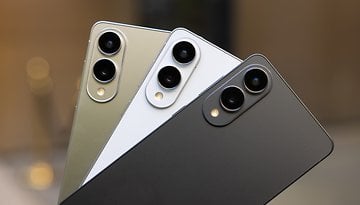HTC teases a Meta Quest 2 competitor for CES 2023
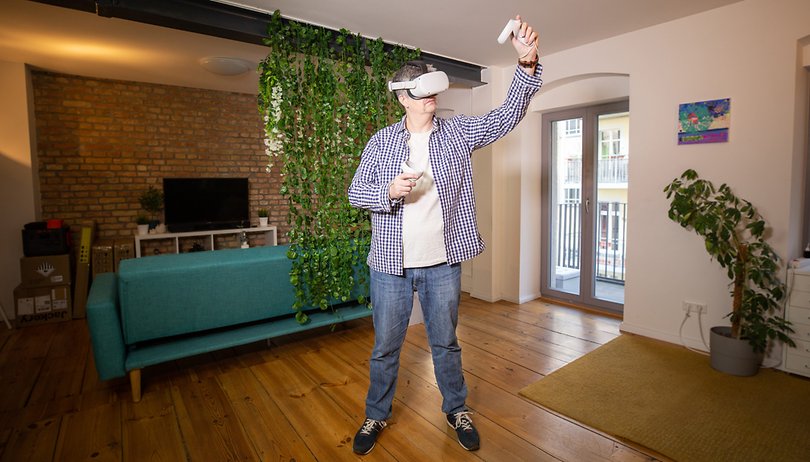

HTC already announced smaller VR glasses on Twitter in October. Now the VR pioneer from Taiwan is getting more concrete and wants to present its first standalone VR glasses for consumers at CES 2023. The all-in-one VR glasses are supposed to serve the burgeoning target group generated by VR glasses like the Meta Quest 2 and the Pico 4.
HTC to unveil an all-in-one VR headset at CES 2023
Together with Oculus (now Meta), HTC is one of the pioneers of virtual reality. But until now, wired VR headsets have tended to be the reserve of an elite group, with prices over 1,000 dollars the norm. Until Meta and ByteDance entered the Western market and not only cut the cables to a gaming PC but also made standalone VR glasses suitable for the masses with prices under $500. HTC now seems interested in joining the party, as documented in an interview with The Verge.
Although HTC offers standalone VR glasses with the Vive Focus 3, it is basically priced for companies (B2B). According to the interview with HTC product head Shen Ye, Vive now wants its spot back with a still unnamed VR goggle at CES 2023 and directly addressing the end consumer. Again, these are all-in-one VR glasses, which are supposed to be stand-alone and light, online the Vive Flow, since that requires an external feed, but probably smaller and lighter than the Vive Focus 3.
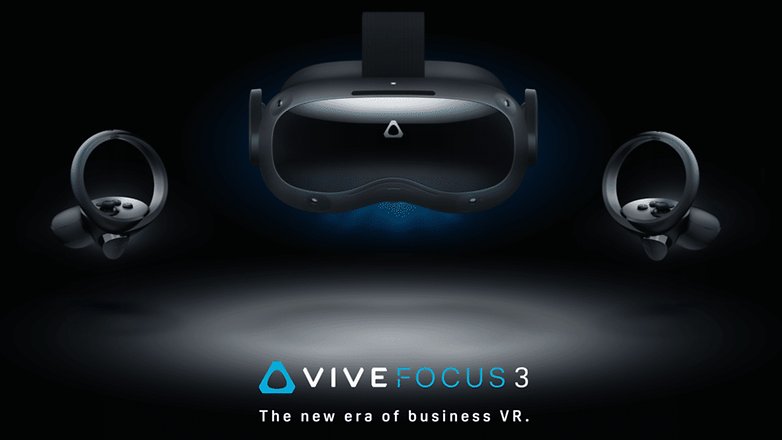
Besides an installed Snapdragon XR2 Gen 1 from Qualcomm, we expect two LCD panels with a resolution of 1,920 x 1,920 pixels per eye and a maximum refresh rate of 120 hertz. As a special feature—and presumable reason for a Mixed Reality—The unknown HTC Vive VR glasses are supposed to get a passthrough camera, which is equipped with a depth sensor, in addition to the usual 6DoF tracking cameras/sensors.
This should actually make it possible for the first time in the history of all-in-one VR headsets to also recognize text (from a notebook monitor, for example) in this mode.
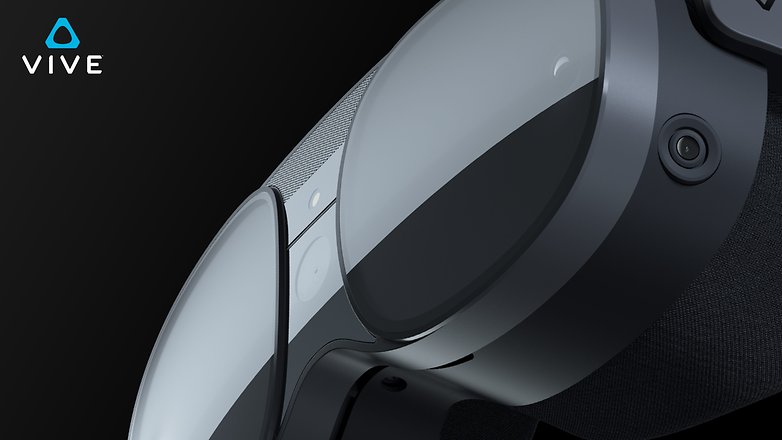
Shen Ye's statement that, unlike the competition, the company does not want to refinance itself by analyzing and selling the data obtained with the VR glasses makes us a bit less hopeful about a low price. Rivalries aside, this assessment of the HTC product manager rather points to more expensive standalone VR glasses. The Meta Quest Pro, which is (too) expensive at $1,500, offers enough room for HTC to price its device.
Has the topic of VR already grabbed you? Wait for our VR best list later this week before you go on a Amazon Christmas gift tour now. I haven't regretted my VR purchase yet, and we look forward to your comments on AR/VR/MR.








